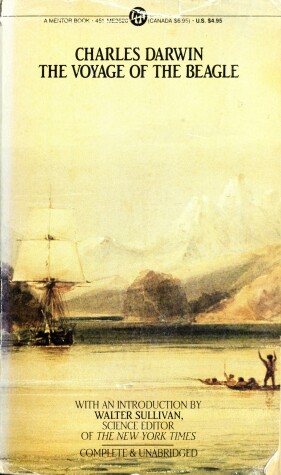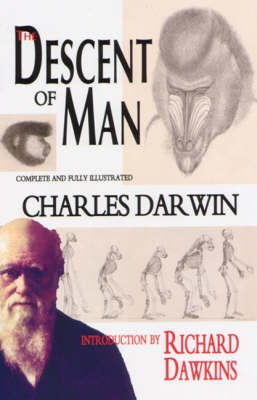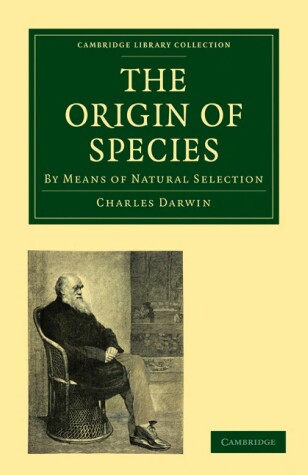Wordsworth Classics of World Literature
3 total works
Charles Darwin's account of the momentous voyage which set in motion the current of intellectual events leading to The Origin of Species
When HMS Beagle sailed out of Devonport on 27 December 1831, Charles Darwin was twenty-two and setting off on the voyage of a lifetime. His journal, here reprinted in a shortened form, shows a naturalist making patient observations concerning geology, natural history, people, places and events. Volcanoes in the Galapagos, the Gossamer spider of Patagonia and the Australasian coral reefs - all are to be found in these extraordinary writings. The insights made here were to set in motion the intellectual currents that led to the theory of evolution, and the most controversial book of the Victorian age: The Origin of Species. This volume reprints Charles Darwin's journal in a shortened form. In their introduction Janet Brown and Michael Neve provide a background to Darwin's thought and work, and this edition also includes notes, maps, appendices and an essay on scientific geology and the Bible by Robert FitzRoy, Darwin's friend and Captain of the Beagle.
For more than seventy years, Penguin has been the leading publisher of classic literature in the English-speaking world. With more than 1,700 titles, Penguin Classics represents a global bookshelf of the best works throughout history and across genres and disciplines. Readers trust the series to provide authoritative texts enhanced by introductions and notes by distinguished scholars and contemporary authors, as well as up-to-date translations by award-winning translators.
When HMS Beagle sailed out of Devonport on 27 December 1831, Charles Darwin was twenty-two and setting off on the voyage of a lifetime. His journal, here reprinted in a shortened form, shows a naturalist making patient observations concerning geology, natural history, people, places and events. Volcanoes in the Galapagos, the Gossamer spider of Patagonia and the Australasian coral reefs - all are to be found in these extraordinary writings. The insights made here were to set in motion the intellectual currents that led to the theory of evolution, and the most controversial book of the Victorian age: The Origin of Species. This volume reprints Charles Darwin's journal in a shortened form. In their introduction Janet Brown and Michael Neve provide a background to Darwin's thought and work, and this edition also includes notes, maps, appendices and an essay on scientific geology and the Bible by Robert FitzRoy, Darwin's friend and Captain of the Beagle.
For more than seventy years, Penguin has been the leading publisher of classic literature in the English-speaking world. With more than 1,700 titles, Penguin Classics represents a global bookshelf of the best works throughout history and across genres and disciplines. Readers trust the series to provide authoritative texts enhanced by introductions and notes by distinguished scholars and contemporary authors, as well as up-to-date translations by award-winning translators.
Now, Charles Darwin's seminal book is reissued with an introduction by Richard Dawkins, Darwin's successor at Oxford University. Author of such science books as "The Selfish Gene", "Unweaving the Rainbow", "The Blind Watchmaker", "Climbing Mount Improbable" and "River Out of Eden" Dawkins' work has been profoundly influenced by the father of evolution, Charles Darwin. His introduction reveals a number of startling discoveries that mean books about Darwin will have to be rewritten.
This sixth edition of The Origin of Species was published in 1876. It is the last edition on which Darwin himself worked before his death in 1882, and offers a useful complement to the 2009 scholarly edition, edited by Jim Endersby and published by Cambridge University Press in Darwin's bicentennial year. The sixth edition contains a 'historical sketch' in which Darwin reviews the many works by eminent European and American scientists – beginning with Lamarck in 1801 – in which ideas of evolutionary species change and of natural selection were touched on but not developed. This edition, like all from the second onwards, contains the words 'by the Creator', controversially added to the famous last sentence in the book: 'There is grandeur in this view of life, with its several powers, having been breathed by the Creator into a few forms or into one...'


